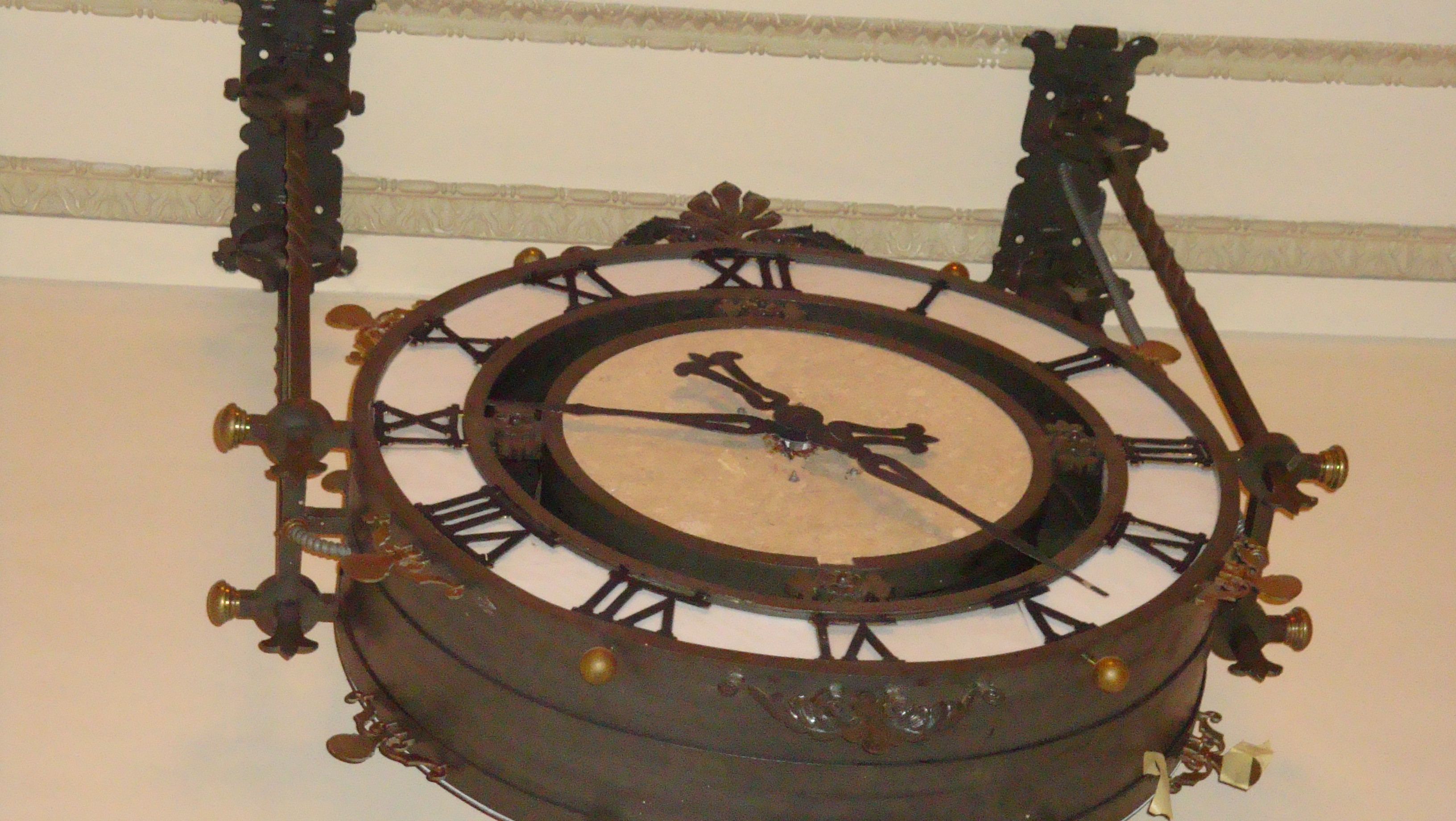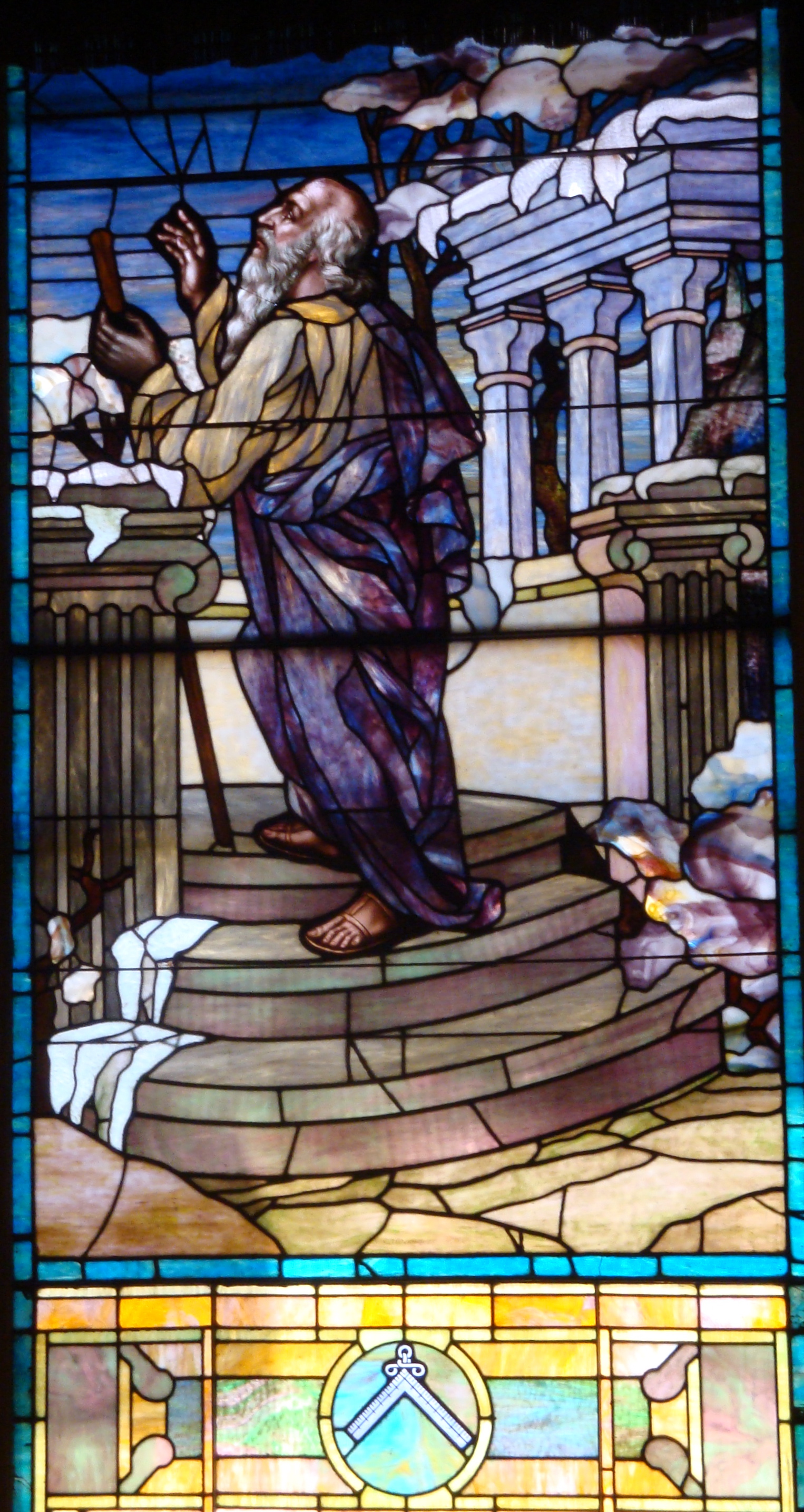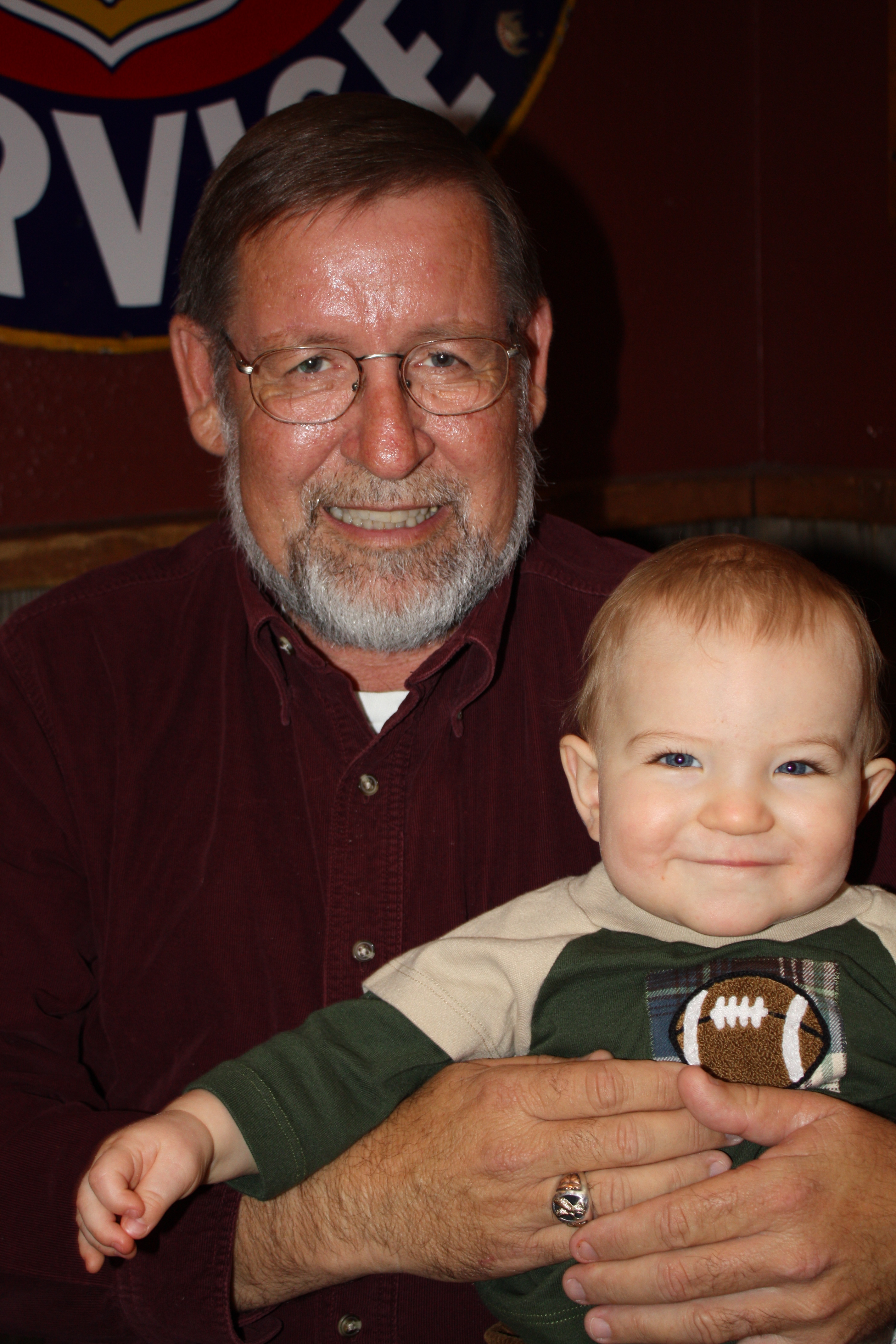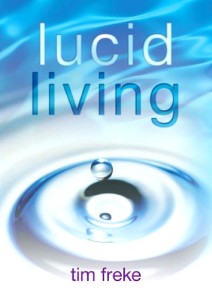In Shakespeare’s famous soliloquy from the play “Hamlet”, the main character, Hamlet, is racked with despair, and is questioning whether or not the unknown world beyond death will be easier to bear than the current life. Hamlet is in such despair that he is contemplating whether or not he should continue to “suffer the slings and arrows of outrageous fortune”, or if he should “take arms against a sea of troubles”, by possibly committing suicide. However, Hamlet is unsure of whether or not he should act on his wish to end the pain he is suffering, because he is unsure what will await him in the afterlife in that “undiscovered country from whose bourn no traveler returns”.
While every sentient being suffers in one form or another, it appears to be a uniquely human characteristic to wish, or at least look forward to death. Many people turn to the concept of the afterlife presented in their religion to such an extent that they cease to truly live in this current stage of life. For example, some Christians look so forward to the day when Jesus Christ will appear in his prophesized second coming, that they are constantly trying to interpret every disaster as some sign of the upcoming Rapture and Armageddon. Other people are so disheartened with the world around them that they buy into the newest doomsday prophesy that the world is soon to be destroyed.












